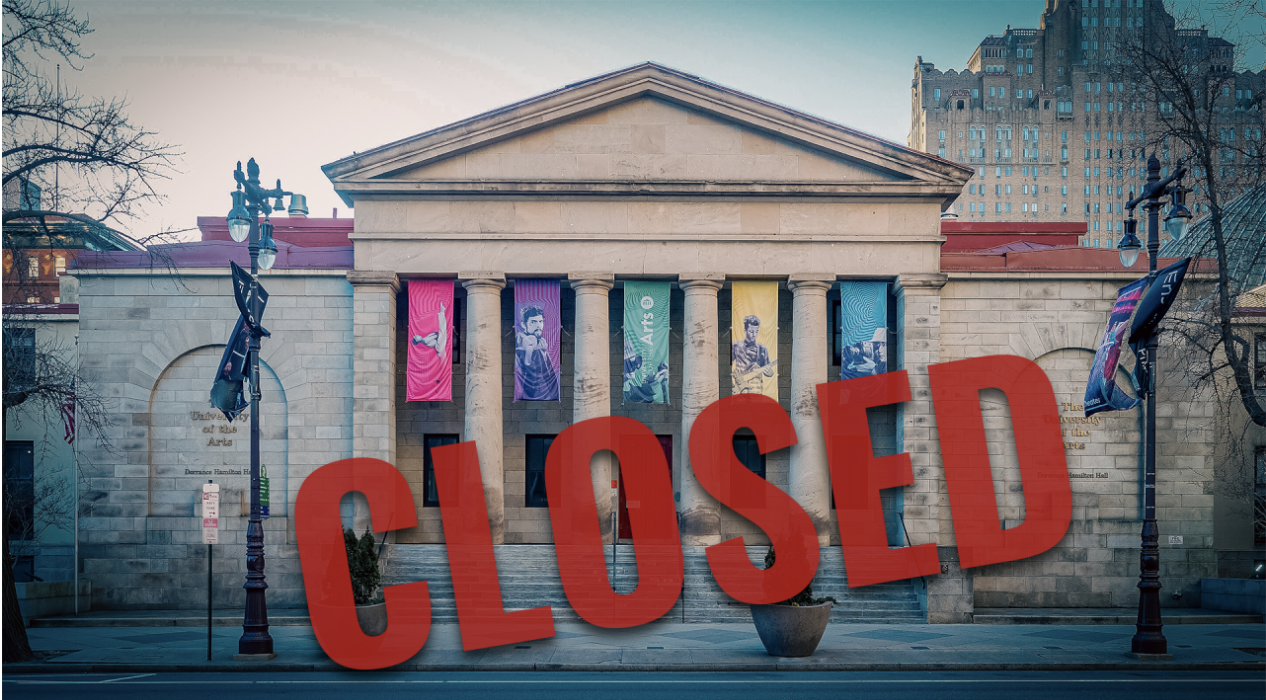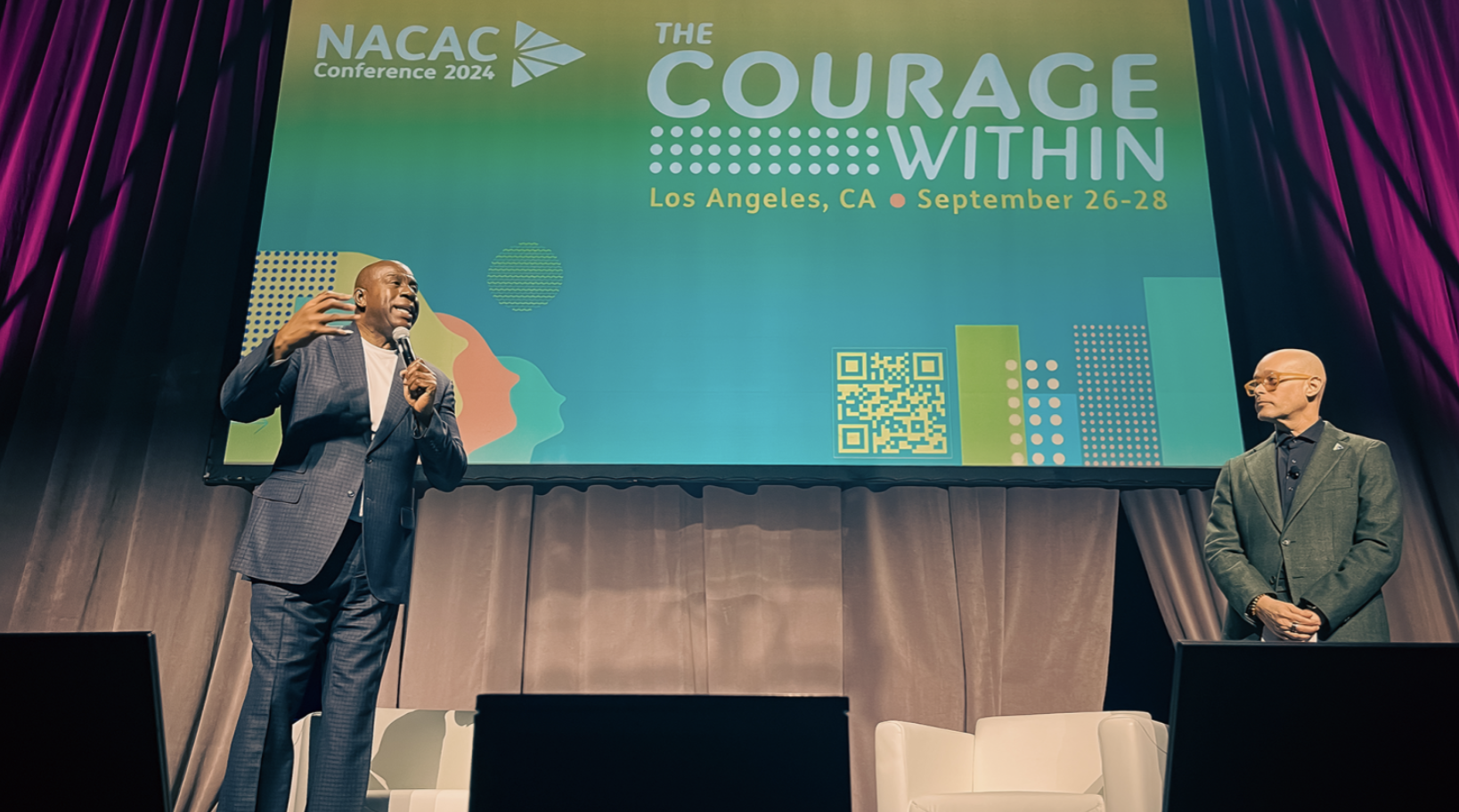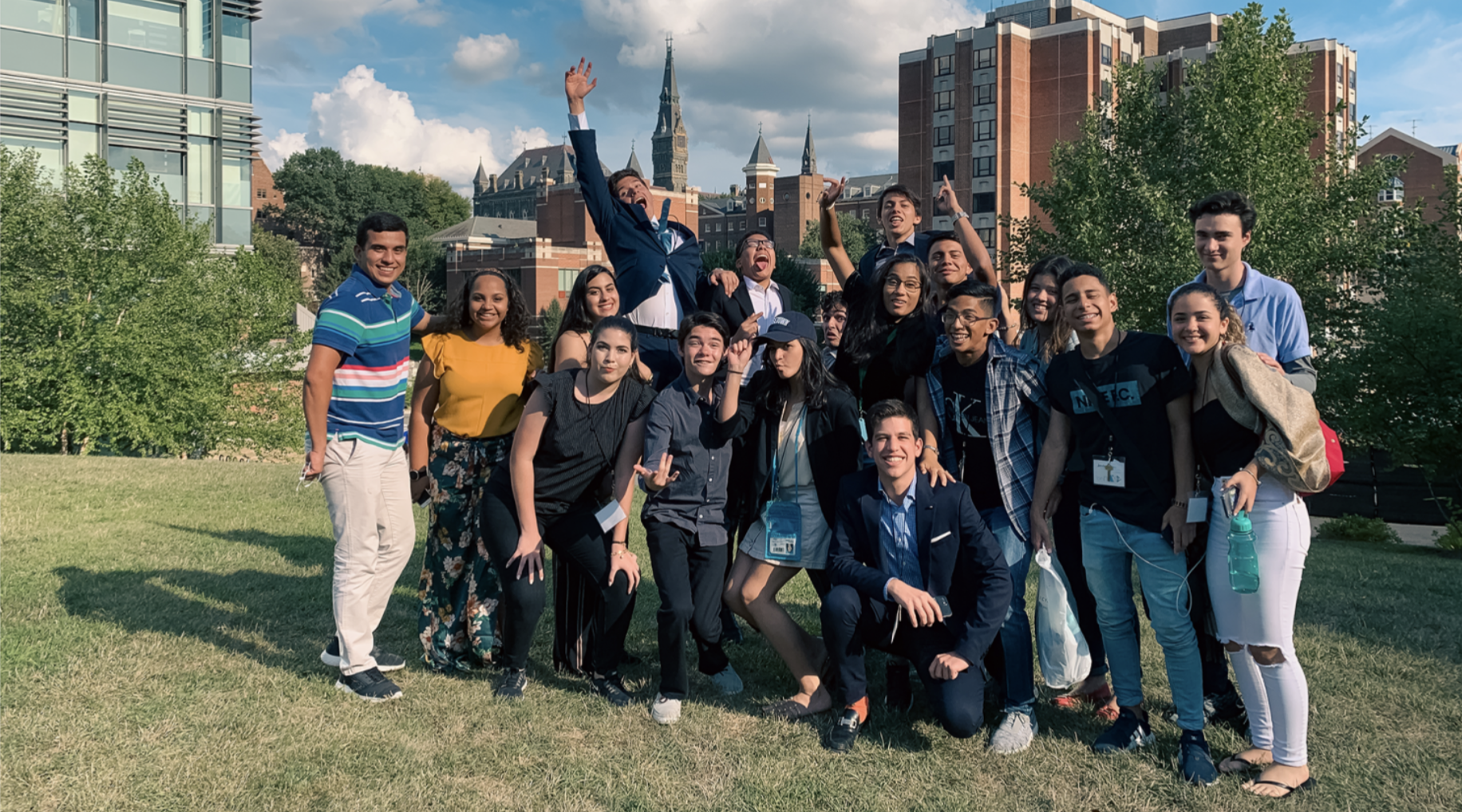The Future of Higher Education: A Lifelong Learning Model for a Changing World
MORE IN THIS SECTION

The sudden closure of University of the Arts in Philadelphia leaves students and staff stranded, underscoring the urgent need for higher ed reform.
Yesterday, marked the kickoff of the National Association for College Admission Counseling (NACAC) 2024 Conference in Los Angeles, where the very future of higher education will be quietly debated in sterile conference rooms. Leaders in admissions, enrollment management, and high school counseling will converge, armed with spreadsheets and recruitment data, discussing strategies to survive in an industry facing one of its greatest existential crises.
But survival isn’t enough. We are long past the point where we can afford to treat higher education like a business clinging to outdated models, increasing prices while hoping new customers continue to line up at the gates. At a time when Georgetown University tuition has surpassed $100,000 a year and Villanova University, my own graduate alma mater, charges more than $80,000 annually, it’s clear that education as we once knew it has become inaccessible to most. The conversation about who gets to learn—and at what cost—has never been more urgent.
A Broken System, A Missed Opportunity
Enrollment in U.S. higher education has steadily declined from a peak of 19 million to a system struggling to break 15 million today. These aren’t just numbers. They are lives altered, futures deferred, and a generation slowly being priced out of opportunities they were once promised. The stark reality is that, across the country, universities are closing, some declaring bankruptcy in the dead of night, leaving thousands of students and staff suddenly without direction. It’s a betrayal of the social contract education once stood for—equal opportunity, upward mobility, and the promise of a better life.

Magic Johnson’s keynote at NACAC 2024—‘The Courage Within’—urged leaders in education to embrace meaningful change. His words resonate in a world where we can no longer afford to stand still in the face of mounting challenges.
I remember the moment when I first became aware of the cracks in this system. It wasn’t when I was an 18-year-old with dreams of attending Georgetown University; it was later, as an administrator at Villanova, working alongside my mentor, Dean Stephen Merritt. Steve was a man who believed in what he called “the triangle”—a delicate balance between Prestige (Academic Rigor), Price, and Access. In his mind, a university should offer the best possible education without making it prohibitively expensive, ensuring that access was never a casualty of ambition.
We sat together once, poring over numbers in his cluttered office, discussing the shifting demographic tides. The U.S. Latino population was beginning to boom, and Steve understood that Villanova had to adapt. More than 75 million college-aged students across Latin America represented not just an opportunity, but a moral obligation for institutions like ours. Yet as I worked with him to draft a white paper that could help guide this shift, the reality soon became clear: few were listening.
The triangle of education was slowly collapsing. Institutions across America were abandoning accessibility and reasonable pricing in favor of one thing—money. Prestige wasn’t about academic rigor anymore; it was about financial gain, driven by skyrocketing tuition and an unrelenting pursuit of wealthy, full-paying students. This quest for money came at the cost of academic diversity, equity, and the true mission of education.
The result? Colleges and universities that once prided themselves on being engines of social mobility are now gated communities for the financial elite, leaving behind the very communities they promised to serve.
A Leadership Crisis in Higher Education
The collapse didn’t happen overnight. It was gradual, a quiet erosion of values, masked by glossy brochures and high-tech campuses. But as enrollment continues to decline, the industry now finds itself teetering on the edge of irrelevance.
For years, I’ve traveled across the Americas, meeting with universities and witnessing firsthand the slow exodus of my colleagues. They were people who once shared my passion for education, but who could no longer justify their role in a system that had become morally bankrupt. They left not because they didn’t love their work, but because they could no longer reconcile their belief in education with an industry that increasingly viewed students as nothing more than customers. Last week, in Mexico City, I sat with some of the last remaining members of a group I once recruited with. Most of them had moved on, and the few who remained spoke of a higher education sector in crisis—leadership failures at every turn, and an unwillingness to confront the demographic and financial realities facing the industry.
RELATED CONTENT
There’s a palpable sense of frustration among these veterans. University leaders refuse to acknowledge that the world has changed—that today’s students are no longer the elite, college-prep graduates from wealthy enclaves they once courted. The fastest-growing segments of America’s college-going population are Latino, Black, first-generation, and low-income students. But most institutions continue to double down on the same outdated models, competing for a shrinking pool of affluent students, while leaving everyone else behind.
Where Do We Go From Here?
As we stand at this crossroads, the question becomes: Where do we go from here? Can higher education reclaim its mission, or will it continue down this path of exclusivity and financial elitism?
At BeNeXT Global, we are building something different. A new model of education that embraces the challenges of the 21st century, combining lifelong learning with real-world impact. This model isn’t just about attending classes and collecting credits. It’s about continuously evolving—professionally and personally—and making a tangible difference in the world. Our participants, whether high school students, young professionals, or seasoned leaders, come together to develop projects that address the critical issues facing their communities. They leave not just with degrees, but with the skills and tools to lead lasting change.
Education should not be a four-year transaction where you pay your dues and move on. It should be a lifelong journey, one that adapts as you grow, and one that is tied directly to the world around you. At BeNeXT Global, we believe that education should empower individuals not just to succeed in their careers, but to uplift their communities, to lead with empathy, and to challenge the systems that have failed them.
A Call to Action
As I head into the NACAC conference, I carry with me the lessons of Dean Merritt and the values he instilled in me. But I also carry with me a sense of urgency. The future of higher education is at stake, and the stakes couldn’t be higher. If we don’t act now, we risk leaving behind millions of students—students who deserve a chance at a better future, but who are being priced out of the very system that was meant to serve them.
The model we are building at BeNeXT Global is not just a response to the failures of the current system—it’s a blueprint for what education can and should be. We are preparing students not just for the workforce, but for life. We are preparing them to lead, to innovate, and to create a better future for us all.
Education should not be a commodity reserved for the wealthy. It should be a public good, accessible to everyone, regardless of background or income. That is the conversation I am bringing to the NACAC Conference, and I hope it’s one that will spark real, lasting change.

These BeNeXT Scholars, who began their lifelong learning journey at the 2019 Futuro Las Américas Summit at Georgetown University, are now graduates prepared to lead and enact change in their communities—proof that a new model of education is possible.





LEAVE A COMMENT: